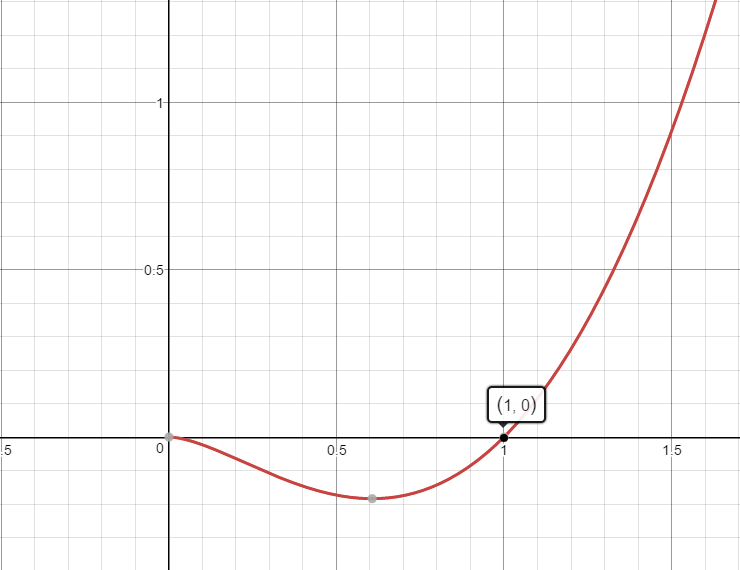How do you evaluate the integral int x^2lnx dx from 0 to 1 if it converges?
1 Answer
This problem requires integration by parts.
and let
Next, we use the formula
So our integral becomes
The answer is negative because the function

Explanation:
The point of using integration by parts is to integrate an expression that's "easier" to integrate first. As in this example, this problem would be very difficult to solve (or even impossible) if we would have chosen a different
For example, if we would have chosen

